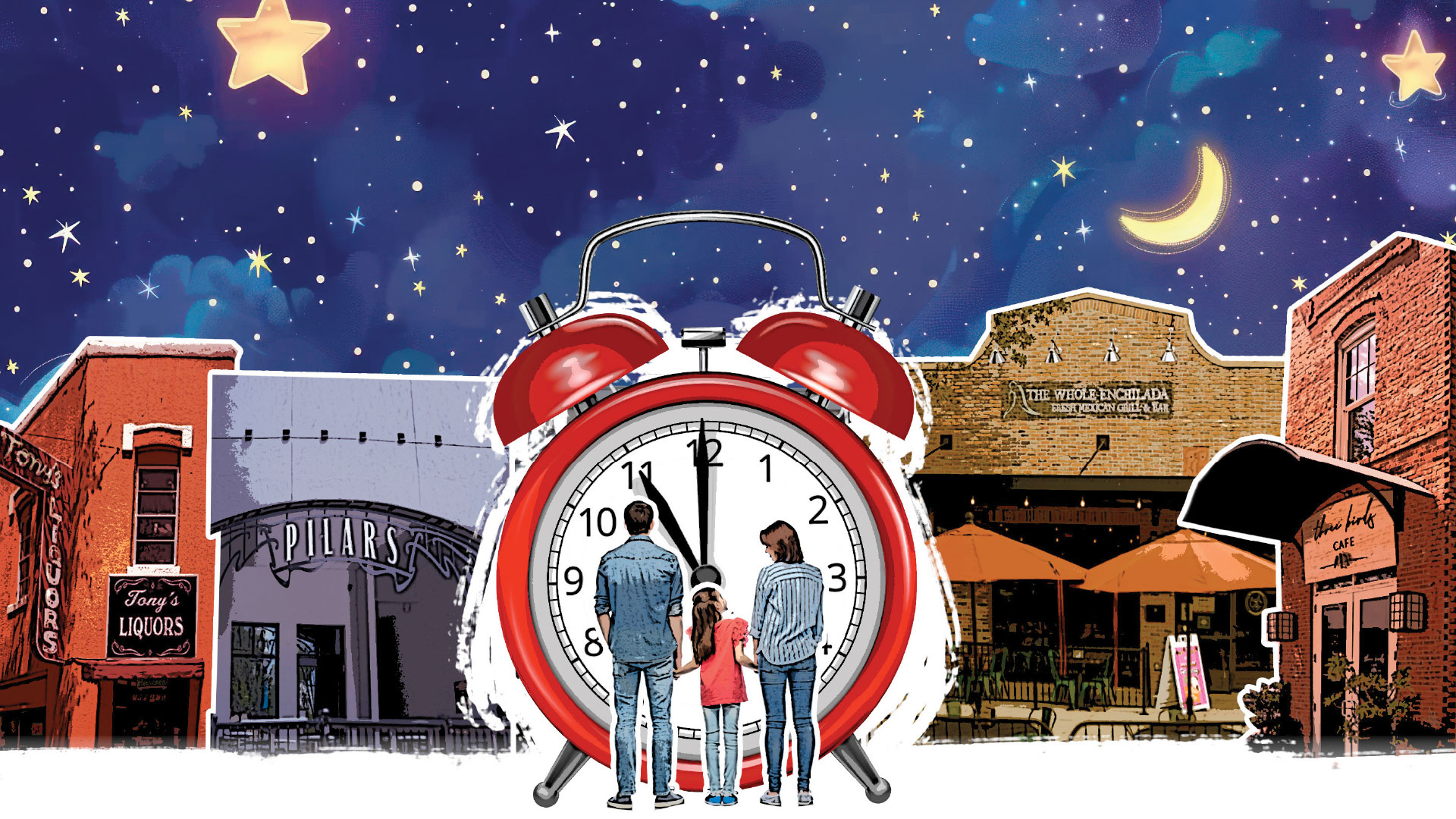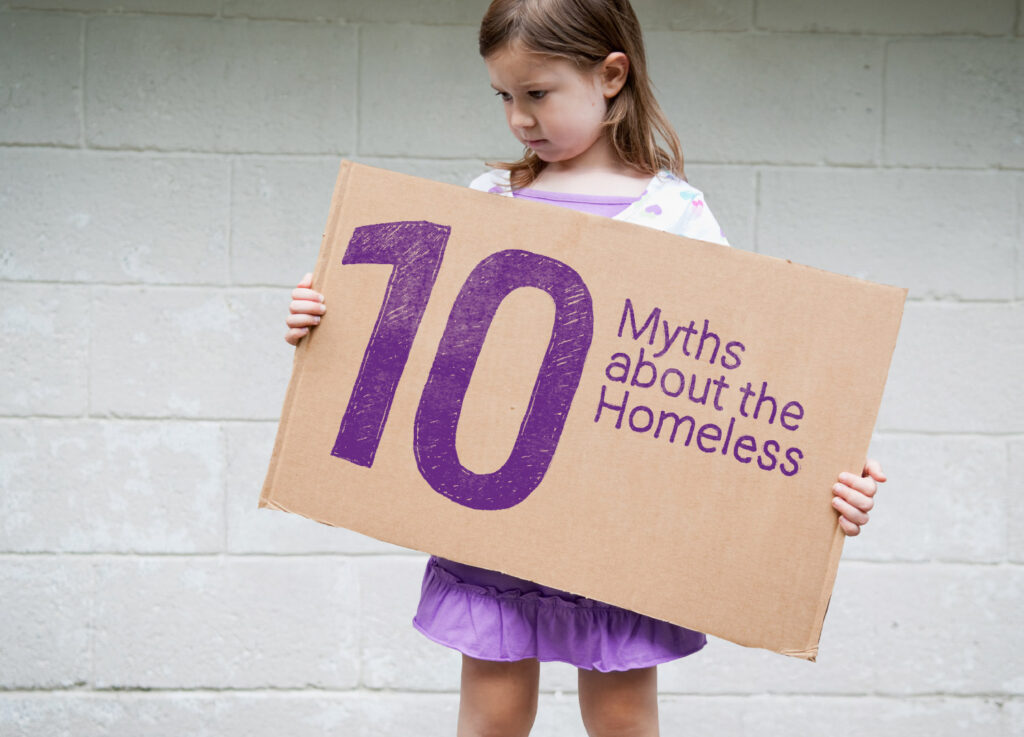
I am a lot of things. I’m a writer. A foodie. A lifelong Winter Garden resident. A patron of local business. A hospitality worker. A concerned citizen.
I have spent the last 12 years employed at three separate businesses on Plant Street, watching the exponential growth of the area and providing service to the smiling faces who enter the door each day.
In my free time, I often dine at local restaurants and secretly wish for more options. When I clock out in the evening, I happily support our local businesses—the ones that are still open, anyway—and am always happy to run into friends and neighbors.
So, you can imagine my surprise when word spread of a proposed city ordinance that not only defines what a restaurant is and how it should operate, but also limits the hours of operation in an effort to keep historic Winter Garden “family friendly.”
If you aren’t familiar with the proposal, you’re not alone. As of today, August 20th, there’s not much information regarding the document. In fact, it takes very little sleuthing to discover that nothing has been posted on the City’s website, and even the local newspaper has been silent on the topic. And yet the few copies circulating among local businesses, restaurants in particular, have owners positively buzzing.
Here’s what I can tell you: For an ordinance to become a law in Winter Garden, it must be read to the public twice at City Commission meetings. Since that hasn’t happened yet, this ordinance is still in its drafting stage, meaning it could still change.
That said, the copy I have centers around proposed regulations for each category of new and existing businesses that sell alcoholic beverages. For restaurants interested in coming to downtown, the draft I have specifically details what “fine dining” entails from white linens to employee dress code. The language also places specific restrictions on different alcohol licenses.
And then there is the matter that is most concerning to a night owl like myself: the restrictions on the hours to which new and existing restaurants may serve alcohol. This ordinance wouldn’t allow restaurants and bars in the downtown proximity to serve alcohol until 11am and then be forced to close their doors at 11 pm on weekdays and 12 am on weekends; earlier if their kitchens stop serving food.
The reasoning behind this amendment is as follows: “…the city finds that the sales, serving and/or consumption of alcohol within the Historic Downtown District and surrounding areas after midnight gives rise to a number of negative effects including to the loud behavior of patrons, the shift in patronage from shopping, dining, and family entertainment to purchasing and consuming alcohol, requiring the city to expend increased resources upon law enforcement, and creating an environment inconsistent with a family-oriented focus.”
As a reader, you may feel that this won’t affect you. Maybe you don’t eat or drink after 9 pm, and that’s fine! But, it’s my humble opinion that this proposal sets a bad precedent far beyond the hours a restaurant can operate.
Let me explain.
Some of the conditions of the ordinance regarding restaurants certainly raise an eyebrow. While it is necessary to define the type of restaurant to quantify an alcohol license, the language implies that only fine dining establishments will be considered for wine or liquor licenses in the future. It doesn’t seem to leave room for non-American dining that doesn’t quite fit the standards of the criteria set. Will this dissuade more cultural cuisine from setting roots here?
Another stipulation states a restaurant must serve food for the entire duration of their alcohol operations. Most restaurants close due to lack of traffic and shut down to avoid labor and food costs. If there’s no demand, why force a restaurant kitchen to stay open? Generally, restaurants inherently make a much larger profit margin on alcohol than they do food. These businesses are already dealing with high overhead (high rent costs and renovations to old buildings), not to mention rising food costs. Inevitably prices will have to increase to offset the increased costs, and without alcohol sales to offset those expenses, the very same families this ordinance insists it is serving will be left paying an increasingly hefty price.
Also worth noting: While the city is working to represent a “family-friendly focus,” this ordinance gives no mind to a large group of citizens and visitors with disposable income—those who don’t fit into this depiction of “families.”
options that appeal to many types of people.
We as a city have turned into quite a melting pot, defined by people of all different socioeconomic backgrounds with alternative occupations and living conditions. While it may feel like a minority to our City Commission, there are an overwhelming number of citizens who keep later hours and already feel stifled by the limited options available to them.
Becky Roper, the owner of Pilar’s Martini Bar and curator of late-night entertainment in downtown Winter Garden, says it best: “The beauty of a diverse community is that it offers options that appeal to many types of people. You won’t catch me at a 7 am breakfast place, but you will find me out listening to music or with friends at midnight.”
I’m left wondering: How are “families” affected by the current alcoholic consumption in the late-night hours, when those families with kids, who have enjoyed their sunset entertainment, are long gone by 10 pm? Are two-income couples not a family? What about families with grown kids? Parents on a date night? Single professional adults who own homes in Winter Garden? And what about those locals who work into the late evening, but live in Winter Garden… Are their needs not a concern?
As a fellow patron, I can attest that a large group in the late night hours are the employees who work at the businesses on the street. Becky says, “The staff at Pilars is my primary concern, but also the rest of the employees on Plant Street. These people serve the “families” all day long, and then come here after work to enjoy themselves. It makes me so sad.”
Stipulations on operational hours, from an economic standpoint, will have both short-term and long-term effects. Initially, only some businesses will be hurt by this choice. Those that serve alcoholic beverages in the daytime, such as mimosas or bloody mary’s, won’t be allowed to serve until several hours into their breakfast or brunch service. Those that serve into the late hours without a kitchen will be forced to close. And, the few places left will be forced to close early if their kitchens can’t maintain the 51% food-to-alcohol sales ratio.
With fewer options for evening and late night entertainment, the charm of our historic downtown will lose its luster, and who will that affect most? The very same businesses that the City wants to have downtown to fill those expensive storefronts, and the employees that those businesses rely on to staff them.Ultimately, these impediments will cut into total sales and employees will lose income, whether that is fewer hours on the clock or diminishing tips.
From a business owner perspective, one thing is true: While most profits aren’t made in late night hours, they are made in the prime hours leading up. Jason Anderson, who just recently purchased Tony’s Liquor in 2023, agrees. He states in the original purchase of Tony’s, the ability to extend Tony’s evening hours (compared to the previous owner) to improve the business served as a selling point for the purchase. With this proposed ordinance, Tony’s could experience a loss in profits and potentially attendance.
It’s easy to get caught up in the minutiae, but when I step back to look at the big picture, the “what ifs” seem to weigh more heavily. What if patrons, familiar with these limitations, decide to spend their money in Clermont or Hamlin or Winter Park instead? What if, with fewer or limited dining options, fewer people decide to visit Winter Garden and every business starts to lose? What if employees lose precious income and find more lucrative jobs in more open-minded locales? What if existing businesses can no longer pay the high rents associated with “historic downtown” addresses?
After speaking to an overwhelming number of business owners and vetted residents in the process of gaining information and insight into this proposed ordinance, compromise seems to be the only answer. The good news is that because this proposal hasn’t been publically noticed,there’s still time to negotiate with the City leaders to amend the ordinance in favor of all parties involved, not just the interest of one particular group.
So, how do we do that? Start by sharing your concerns with your City Commissioners. Call or email them.Better yet, attend a Commission Meeting.
You’ll see me there because I believe this ordinance is backpedaling into a temperance movement way too 18th century for my liking. I implore you to stand for freedom of choice and allow all citizens as well as business owners, potential or current, the right to enjoy the beauty of this city when they want, with or without a beverage in hand
Questions?
Ask your representatives
City Commission Meetings
Thu, Sep. 12
Thu, Sep. 26
Thu, Oct. 10
Thu, Oct. 24
6:30pm
300 W Plant Street
Winter Garden, FL 34787
Mayor
John Rees, District 5 – Citywide
407.656.7372 • jrees@cwgdn.com
Commissioners
Lisa L. Bennett, District 1, Mayor Pro-Tem
407.877.5131 • lisa.bennett@cwgdn.com
Iliana R. Jones, District 2
407.877.5132 • Iliana.jones@cwgdn.com
Chloe Johnson, District 3
407.877.5133 • chloe.johnson@cwgdn.com
Colin Sharman, District 4
407.877.5134 • csharman@cwgdn.com
City Manager
Jon C. Williams
407.656.4111 ext. 2267 • jwilliams@cwgdn.com




